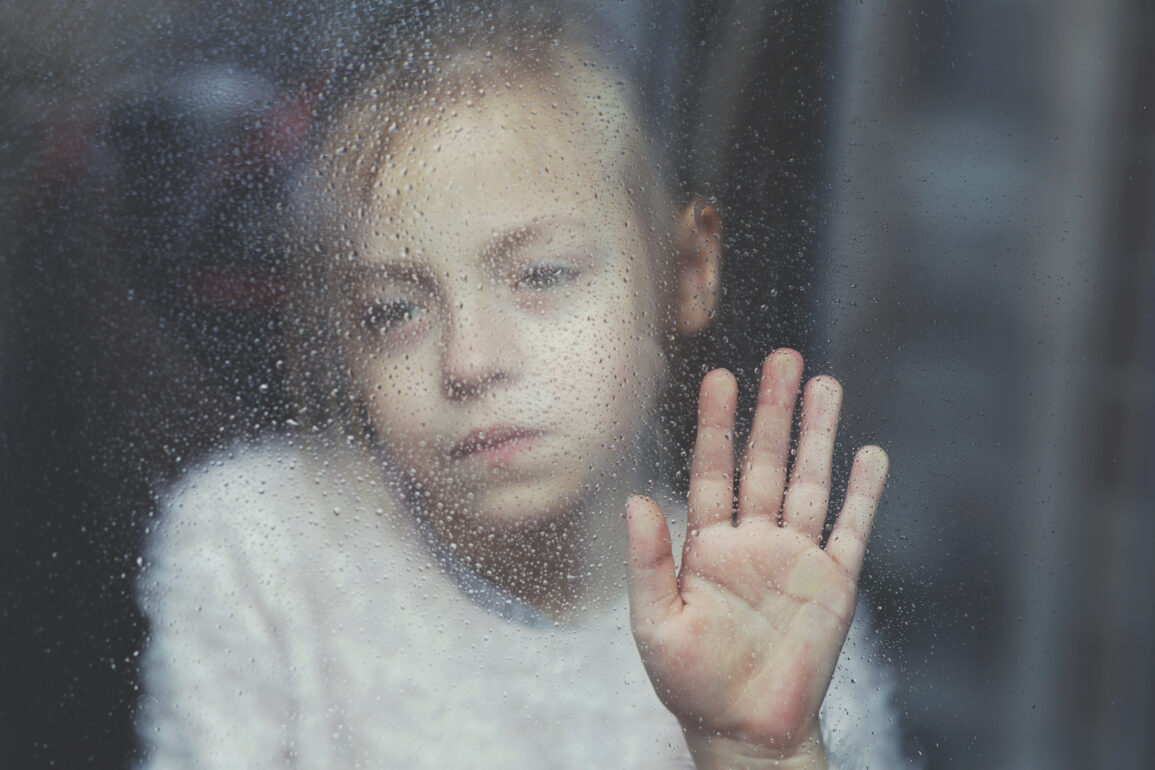The COVID-19 pandemic has changed everything and none of it for the better. While we’re all trying to do our best and get through this difficult time, it’s important to remember that children are equally as affected.
Depending upon the age of your child, they might see and hear things on the TV and read online about what is happening across the world. In addition, children aren’t going to school, they’re told they can’t go out and play with their friends, they can’t hug their grandparents, and everyone is suddenly wearing masks. Children are bound to have a lot of questions during this time and all of this can cause them to feel anxious and worried about what is going on.
What you have to remember is that a little knowledge can be a dangerous thing, whether you’re an adult or a child. When you know a little about something but not enough to have your questions answered, your imagination runs wild. Can you imagine how this is for a child who basically lives in their imagination?
For this reason, now more than ever before, it’s important to mindful of how your child is doing mentally and emotionally. So, how can you ensure that your child is safe, protected, but still has enough information to avoid filling in the gaps themselves?
Reduce Screen Time
Children are at home more than normal at the moment and that means more screen time. It’s far better to encourage your child to do something creative, read a book, make something, or head out into the garden to play. Reducing their screen time also means that they’re not being bombarded with news about the pandemic. A lot of what you see on the TV and hear online in relation to COVID is intended to be viewed by adults and it’s not created in a way which is digestible for children. By allowing your child to watch too much of this, it can easily cause panic and anxiety.
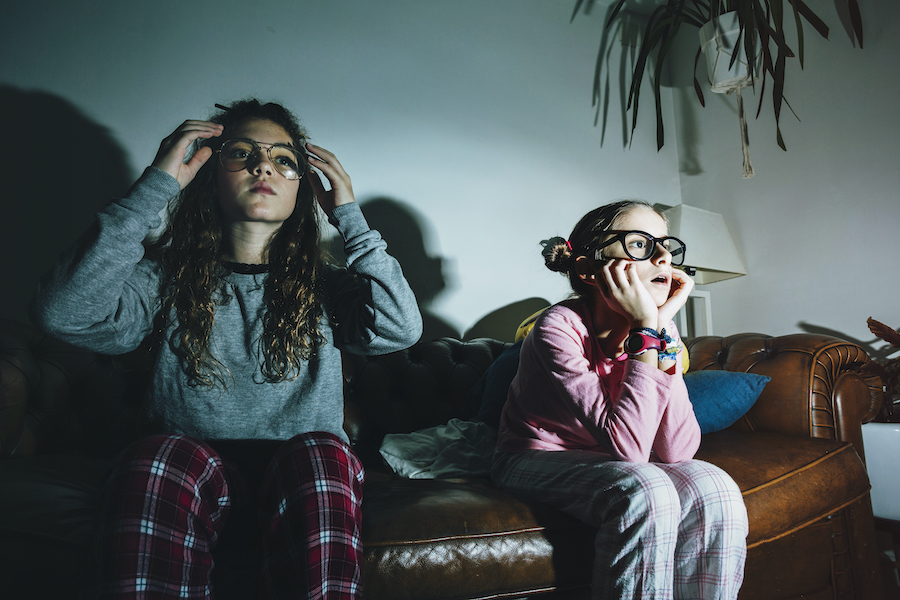
Encourage Your Child to Ask Questions
Take the time to talk to your child about what is going on and encourage them to ask questions about anything they don’t understand. You can then explain everything to them in a way which they’ll be able to digest properly. This also means managing their fears.
It’s possible that children are worried that something is going to happen to their parents or their extended family and they could keep these fears inside. By explaining that everyone is doing as they’re supposed to do, staying safe, wearing masks, washing hands, etc, you can manage those anxieties and help your child to feel happier.
[Also Read : Building Trust with Your Teen: 17 Things They Need You to Know]
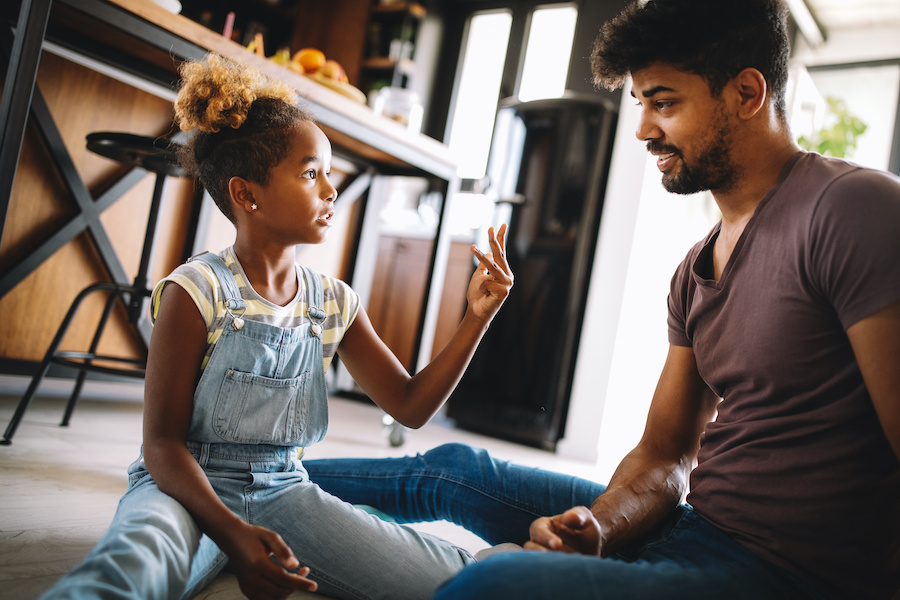
Empower Your Child
Feeling worried about COVID can often be about feeling out of control. Teach your child what they can do to stay safer, although make it very clear that you’re keeping them as safe as possible. Teach them about washing their hands, how to wear a mask properly, and about social distancing. Keep this light and fun, role playing and letting them choose a mask that they like, perhaps one with their favorite cartoon character on.
It goes without saying that you should make sure that you’re practicing what you preach. Always wear your mask and wash your hands and your child will follow suit.
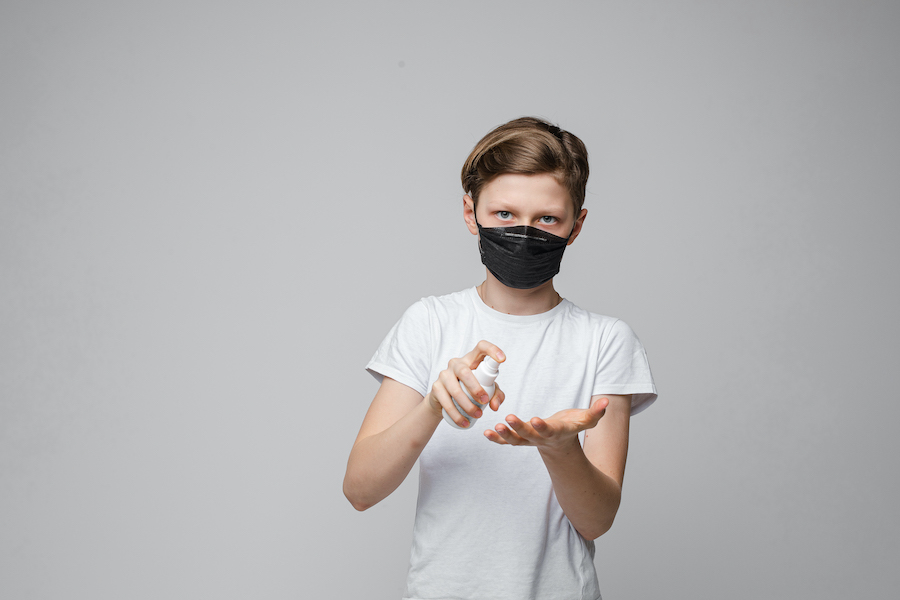
Keep Your Child in a Routine
Children thrive in routines and when their routine is thrown out of whack, that’s when distress and worry can enter the fore. If your child is currently off school, try and stick to the times they would have meals and lessons if they were attending school as normal. Make sure mealtimes are regularly and that they go to bed at their regular time, waking up when they should. Also make sure that you let them have plenty of playtime and that you schedule in some time to head outside and get some fresh air and exercise.
The more predictable and structured your child’s days are, the more safe and reassured they’ll feel.
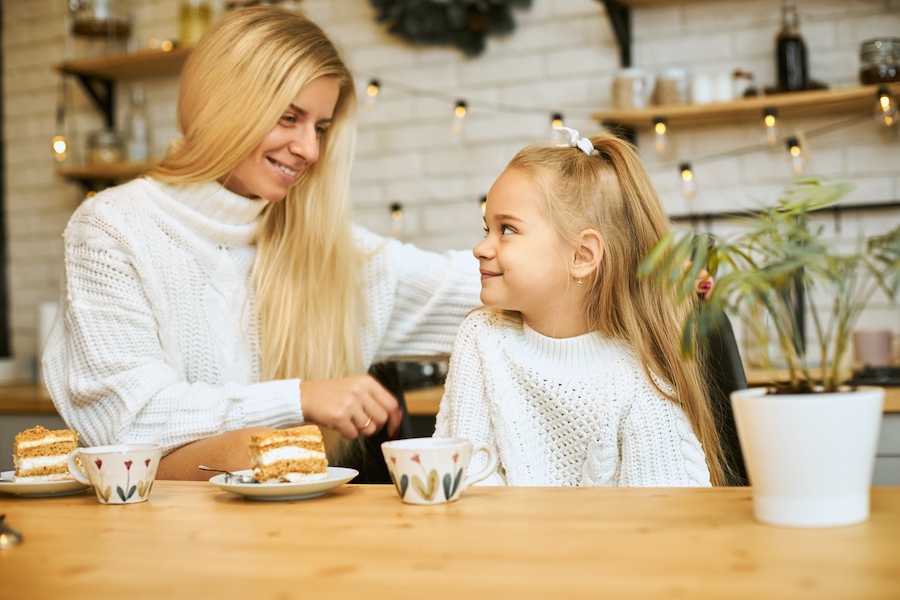
Final Thoughts
This is a difficult time for all of us but it’s vitally important to keep an eye on children and make sure that they’re not storing up worries and not talking about them. Even if your children don’t quite understand what’s going on fully, they will know that something isn’t quite right. This can lead to further stress and anxiety and that can manifest into emotional outbursts and out of character moments.
Checking in regularly, encouraging them to ask questions, and maintaining a routine are your best routes forwards.
